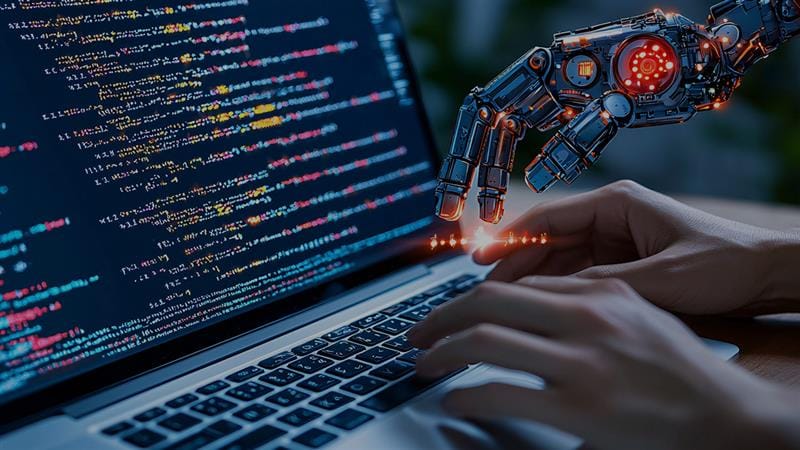Table of Contents
Artificial Intelligence is redefining product engineering, moving beyond automation to become an active participant in the development lifecycle. AI-powered tools are now influencing everything from design and coding to testing and deployment. But can AI go beyond assistance and independently build entire products?
Where AI Excels
AI is already proving its value in product development. It generates ideas, writes code, automates testing, and optimizes workflows at an unprecedented scale. Companies are leveraging AI to accelerate innovation, reduce costs, and enhance product reliability. AI-driven systems are designing interfaces, predicting market trends, and even debugging complex software. The speed and efficiency it brings to engineering are undeniable.
The Limitations of Autonomous AI
Despite its progress, AI still lacks true creativity, contextual reasoning, and the ability to navigate complex decision-making independently. While it can generate solutions based on patterns, it does not possess human intuition, ethical judgment, or strategic thinking. Product engineering is not just about automation—it requires vision, adaptability, and deep problem-solving, areas where AI still falls short.
The Future of AI in Product Engineering
The real power of AI lies in collaboration, not replacement. The most innovative companies are not asking whether AI can fully replace human engineers but how it can augment their capabilities. The future of product engineering will be shaped by AI-assisted workflows, where human expertise and AI-driven efficiency create faster, more intelligent, and more adaptive products.
The goal is not autonomous AI, but symbiotic engineering—where technology and human ingenuity push the boundaries of what’s possible. The organizations that embrace this shift will lead the next era of product innovation.


